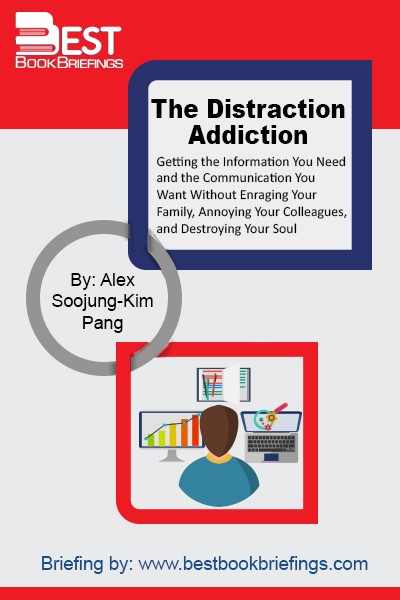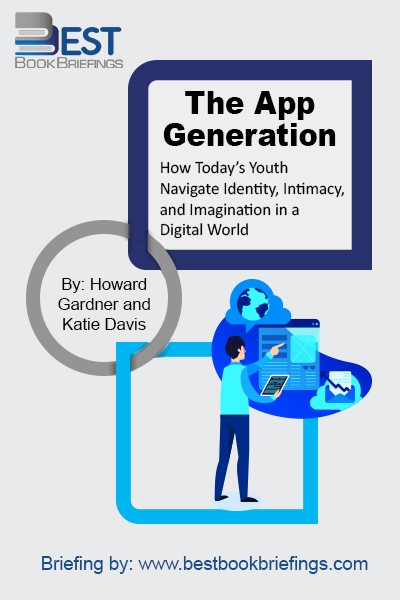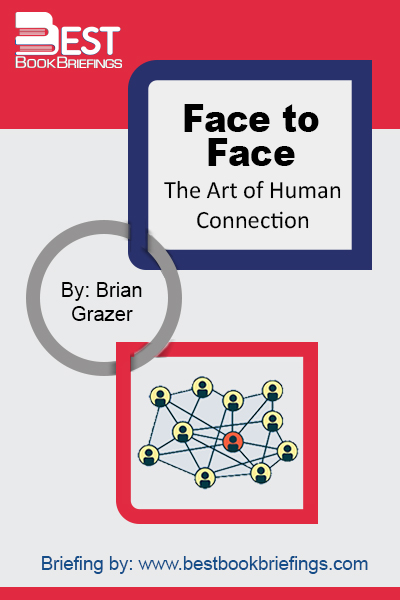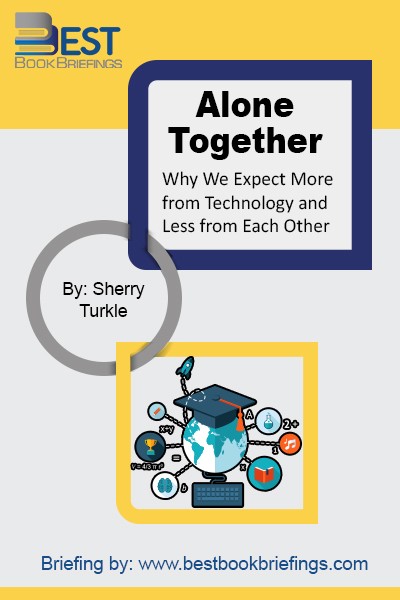Alone Together
Why We Expect More from Technology and Less from Each Other
Number of pages: 384
Publisher: Basic Books
BBB Library: Communication, Technology and Globalization
ISBN: 9780465031467
Editorial Review
Alone together is a book written by Sherry Turkle who is a Professor of the Social Studies of Science and Technology at MIT. She traces back technology and its invasion into our lives and its impact in our behaviors, expectations, and way of thinking. She elaborately through many examples shows how it has affected our life generally and our social life specifically. Online connections were first conceived as a substitute for face-to-face contact, when the latter was for some reason impractical: Don’t have time to make a phone call? Shoot off a text message. But very quickly, the text message became the connection of choice. We discovered the network—the world of connectivity—to be uniquely suited to the overworked and overscheduled life it makes possible. And now we look to the network to defend us against loneliness even as we use it to control the intensity of our connections. Technology makes it easy to communicate when we wish and to disengage at will. We make our technologies, and they, in turn, shape us. So, of every technology we must ask, does it serve our human purposes?
Book Reviews
Books on Related Topics

The Distraction Addiction is packed with fascinating studies, compelling research, and crucial takeaways. Whether it’s breathing while Facebook refreshes (most of us don’t) or finding innovative approaches for reclaiming a few hours from the digital crush, this book is about the ways to tune in without tuning out. It is a

Young people growing up in our time are not only immersed in apps: they’ve come to think of the world as an ensemble of apps, to see their lives as a string of ordered apps, or perhaps, in many cases, a single, extended, cradle-to-grave app. (We’ve labeled this overarching app a

As the focus of family has turned to the glow of the screen—children constantly texting their friends, parents working online around the clock—everyday life is undergoing a massive revolution. Easy availability to the Internet and social media has erased the boundaries that protect children from the unsavory aspects of adult life.

In a technological world where we spend more than half of our days looking at our phones instead of looking at the people around us, we need to be reminded of the importance of looking up every once in a while. In this summary of Face to Face: The Art of

Every morning when you put your cell phone in your pocket, you’re making an implicit bargain with the carrier: “I want to make and receive mobile calls; in exchange, I allow this company to know where I am at all times.” In this book, we get to know about the here’s



